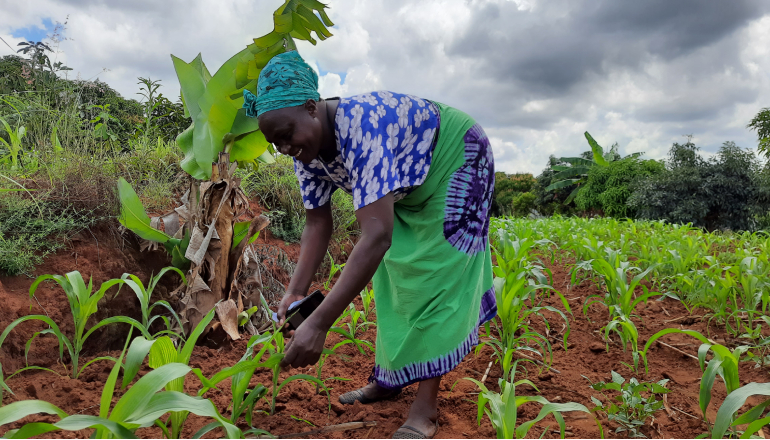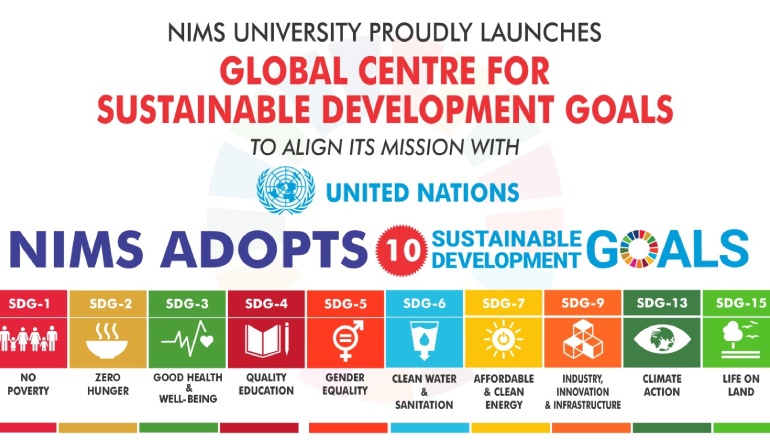According to a recent World Bank report, closing gender gaps that exist in Nigeria’s agricultural sector can boost the country’s economy by $8.1 billion annually. This amounts to as much as 2% of Nigeria’s GDP.
Women are 10% less likely than men to work in agriculture in Nigeria, and female farmers produce 30% less per hectare than their male counterparts.
Analysis:
The analysis of Nigeria’s agriculture spending on gender-incidence in agriculture lacks gender-disaggregated data. Improving input provision, extension service programming, and training monetary values can help policymakers prioritize spending and improve agricultural productivity.
Women make up the majority in Nigeria’s agricultural sector, with men being 10% less likely to work and 25% less likely to be primary plot managers. As a result, female producers produce 30% less per hectare than male producers. Nigeria was penalized by this low participation and productivity by 0.6 percent of its GDP annually, or US$2.3. The GDP could rise by up to 2% annually, or about US$8.1 billion, if the gender gap were to be closed. Nigeria must therefore concentrate on increasing the participation and output of women farmers.
According to the Nigeria Gender Diagnostic, three main factors—limited input use, less valuable crop value chains, and less effective farm labor—contribute to women’s lower agricultural productivity. For these gaps to be closed, gender-equitable budgeting must be implemented, as well as fiscal space.
Promoting gender equity:
The Nigerian government is promoting gender equity in agriculture through initiatives like the National Gender Policy in Agriculture (NGPiA), aiming to improve women farmers’ business skills and market access. However, inputs are distributed at rates comparable to gender participation, with male farmers receiving more. This may not encourage female farmers to choose profitable crops, such as cocoa, oil palm, and maize.
The 2018-19 Nigeria General Household Survey reveals that physical input usage is crucial for increasing agricultural productivity. Men use inputs more frequently than women, but women farmers in Southern Nigeria use 34% more fertiliser per hectare. Gender gaps in pesticide use and crop choice also affect productivity. Women farmers grow staple foods, while men focus on cash crops. To close the gender gap, gender-equitable budgeting and fiscal space creation are essential steps.
To address gaps in budget allocation and policy formulation, increase spending on physical inputs, agriculture extension services for women farmers, encourage high-value crop adoption, and invest in gender-disaggregated data collection.










